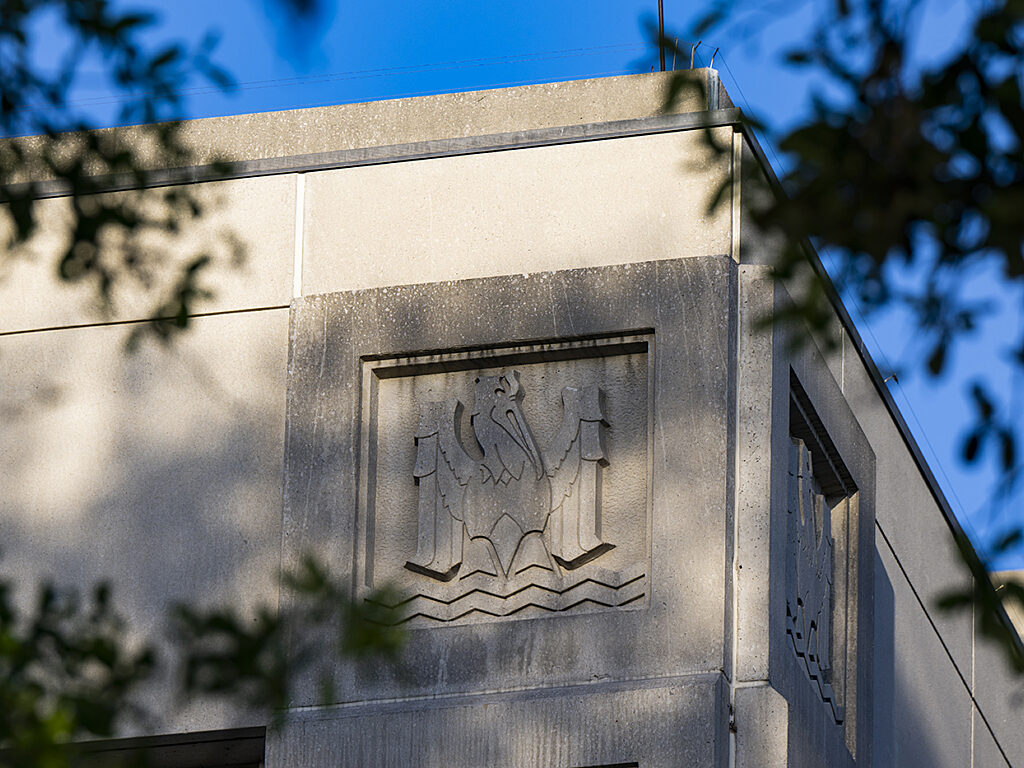Through our advisory services that we are providing, we are finding the following common deficiencies in accounting for utility fund billings:
- There are no written procedures for accounting for and processing receipts, billings, and customer meter deposits. Written procedures are necessary as a clear understanding of what should be done, how, who, and when it should be done, and that the procedures followed meet management’s expectations.
- The accounts receivable balance in the general ledger is not reconciled monthly with the detailed accounts receivable customer listing. Not reconciling the detailed accounts receivable customer listing to the balance in the general ledger on a monthly basis is a fraud risk factor.
- The meter deposit bank account balances are not reconciled monthly with the detailed listing of customers’ meter deposits. The detailed listing of customers’ meter deposits should be reconciled monthly to the related general ledger bank account balances and customer deposit liability. Any differences should be investigated immediately.
- The units of water produced are not reconciled monthly with the units of water billed to customers. Reconciling production with units consumed (billed) would provide information relating to significant leaks in the water lines, inaccurate meters or meter readings, and unauthorized or non-metered water usage. Units of water produced should be reconciled monthly with units consumed and investigate differences in excess of expected water leakage.
- A utility clerk performs a variety of duties relating to receivables and customer meter deposits that are incompatible for a proper system of checks and balances. This employee enters meter readings into the computer system, prepares the customers’ bills, collects payments and customer meter deposits, posts the payments in the system, makes customer billing adjustments, and prepares the bank deposit. Accounting responsibilities should be segregated, as practical, so that no single individual controls all facets of a financial function. For example, separate the cash collection duties of the utility clerk from the posting of payments and preparing the bank deposit and require the mayor or town clerk to approve all billing adjustments before they are made.
- More than one employee is using the same cash drawer to collect payments. Require each employee that collects payments to have his/her own cash drawer and that it be balanced daily to the established amount.
- The entity’s cut-off policies and procedures to ensure that all delinquent accounts are collected on a timely basis or that service is discontinued is not being enforced. Continuing to provide services after the cut-off date and not actively trying to collect delinquent utility account balances is prohibited by Louisiana’s constitution [Article VII, Section 14(A) of the Louisiana Constitution of 1974]. In addition, the continued 1operation and quality of service provided to customers depends on the entity collecting for the services it provides.
- Aggressive action to collect delinquent amounts, including legal action when necessary, is not being taken nor is a collection agency being used.
- Individual board members are granting extensions to customers. This practice should be strictly prohibited.
- Uncollectible customer accounts are being written-off without board approval. Require board approval before accounts are written-off as uncollectible and turn these accounts over to a collection agency for collection.




